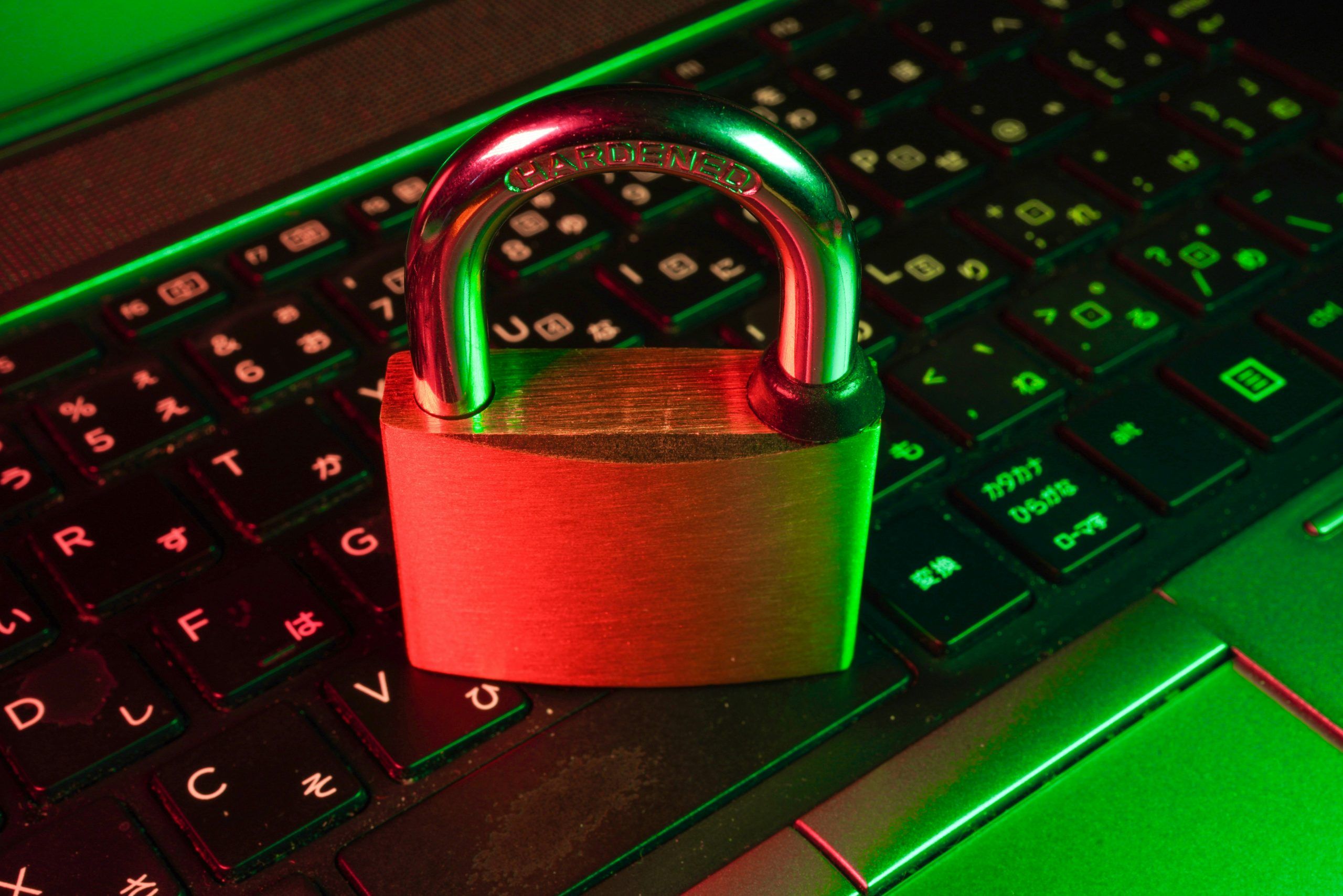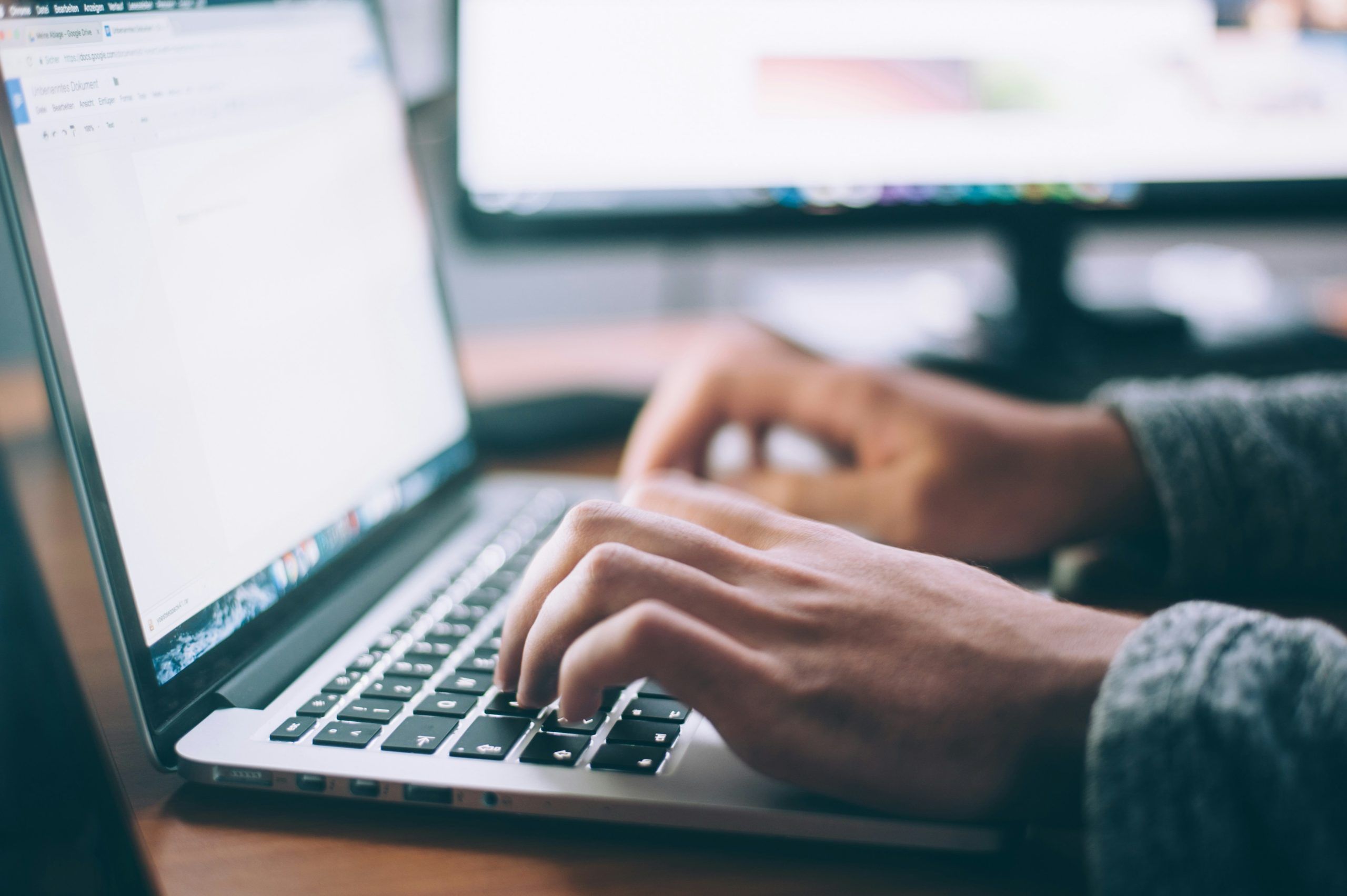The World Wide Web is a useful tool for communicating and researching. It is also a means of enjoyment as it serves as a source of entertainment. From using the Internet for your professional purposes to playing games and listening to music during your leisure time, this dynamic world offers unlimited possibilities. However, it is not all hunky dory when you are navigating the online world. Sometimes, it may feel like you are walking a tightrope.
The Internet is a double-edged sword. On the one hand, it offers convenience and widens your horizons. On the other hand, there are various threats lurking in the shadows like phishing scams and data breaches. It is essential to protect yourself from such online security threats.
Although it may seem overwhelming to protect your security and privacy online, it is not impossible. This guide outlines some simple yet powerful steps you can implement to confidently navigate the digital landscape and leave all your worries behind. With these steps, you will be embracing a secure online experience.

1. Unique And Strong Passwords
Let’s start off the list with the simplest and most obvious security recommendation – passwords.
For almost all your online accounts, you will need to create a password. Ensure that the password you create is unique and strong. Ditch the predictable qwerty, 123456, or your loved one’s name as your password, and opt for a combination of lowercase and uppercase letters, symbols, and numbers.
Please note that most websites and apps will ask you to sign in using your existing Google or social media accounts. But if you want to stay safe, it might be best to create a separate account for them and then use a separate password.
Is it difficult to remember so many different password combinations? Use a password manager to generate and securely store complex passwords. This will eliminate the hassle of remembering them all.
2. Enable 2FA
2FA, or two-factor authentication, is like an extra layer of security guarding your online accounts. When 2FA is enabled, you will get an additional verification step after entering your password. A one-time code will be generated whenever you try to access your account. The code might be sent to your phone number or email address. Due to this double protection layer, unauthorized access will be harder.
So, wherever available, you can activate 2FA.
3. Use A Vpn
A VPN is a secure tunnel that connects your device to the Internet. All the information sent and received passes through an encrypted channel that scrambles the data. So, even if hackers attempt to access your data, they won’t be able to understand what it means.
Besides encrypting your Internet traffic, a VPN masks your IP address and makes your online activities invisible to anyone snooping on the network. This is particularly valuable when you are using public Wi-Fi networks that are often unsecured. If you are still unsure, you can research to learn more about VPN.
4. Stay Alert Against Phishing Attempts
Phishing websites and emails can appear deceptively real. It often mimics trusted entities like social media platforms or banks. They lure you into clicking malicious links or entering confidential information, which may result in compromising your data.
Therefore, you must remain wary of misspelled sender addresses, unsolicited emails, and offers that seem too good to be true.
You must never click on suspicious attachments or links. Always verify requests before taking action.
5. Only Visit HTTPS Websites
Have you noticed a padlock icon in your browser’s address bar when visiting a website? This is the HTTPS badge, which indicates a secure connection. It encrypts data transfer and safeguards it from prying eyes.
You must look for this badge whenever you are browsing online, especially when entering confidential information like credit card details or login credentials.
6. Update The Software
Don’t ignore software update notifications because they are more than just notifications. Updates usually come with security patches, which address vulnerabilities that are generally exploited by cybercriminals.
You must make it a habit to update your operating system, browser, and other software that you regularly use.
By regularly updating your software, you will be patching the holes in your digital armor. This makes it harder for attackers to gain access.
7. Stay Wary Of Free Wi-Fi
Free Wi-Fi is tempting. But it usually comes with hidden security risks. They are breeding grounds for cybercriminals to intercept your confidential data.
You must always avoid accessing sensitive information when connected to public Wi-Fi. You must never make online transactions when connected to such unsecured networks. Also, always remember to use a VPN for added protection.
8. Double-Check What You Share Online
Think twice before hitting share or post on your social media accounts. If you overshare your personal information online, it might make you vulnerable to targeted scams and identity theft. You must only share selective information about yourself.
9. Regularly Back Up Your Data
To ensure your data is secure, you must have a regular back up plan. Data loss can happen because of malware attacks or hardware failures and when this happens, it might throw you off guard. You can back up your data to cloud storage services or an external hard drive.
10. Stay Informed And Educate Yourself
When it comes to cybersecurity, knowledge is power. You must update yourself regarding the latest online scams and threats by reading articles, attending security awareness workshops, or watching educational videos.

11. Use Antivirus Software
Antivirus software is your digital bodyguard. It will help scan your device for spyware, viruses, or ransomware and prevent them from infecting your system.
12. Practice Safe Downloading Habits
You do know that not everything you find online is safe to download, right? You must exercise caution when downloading files or software from untrustworthy sources. Ensure to only download from app stores and reputable websites. Do not click on suspicious links or download attachments from unknown senders.
The Bottom Line
So, these are the twelve simple things you can do to be more secure online.
What steps have you been taking? Share with others.

